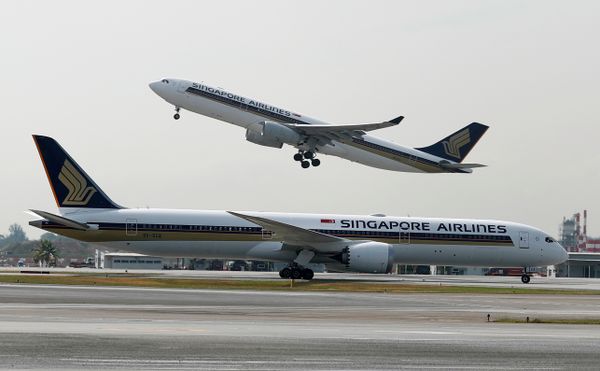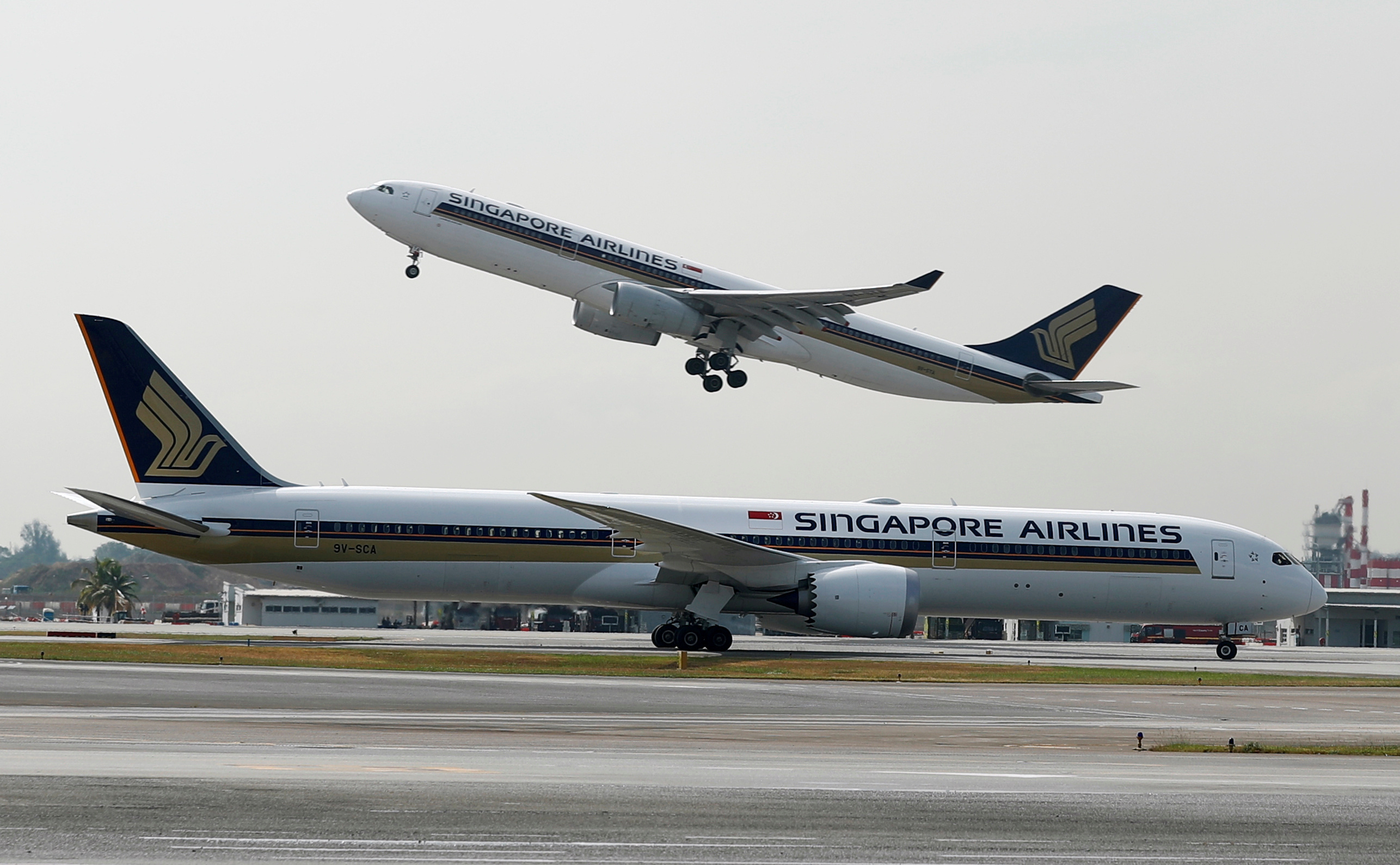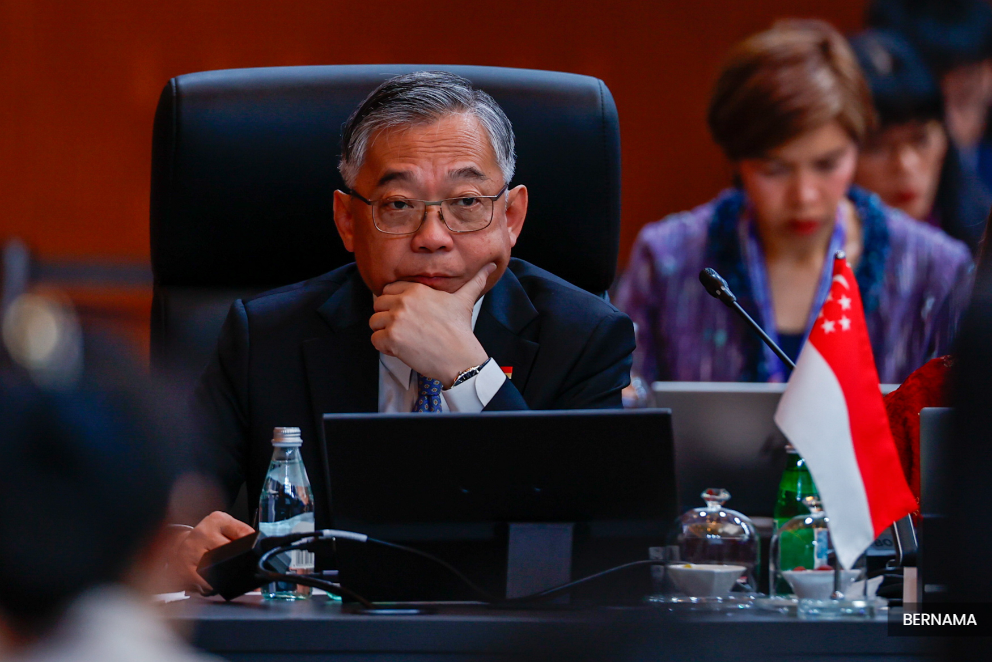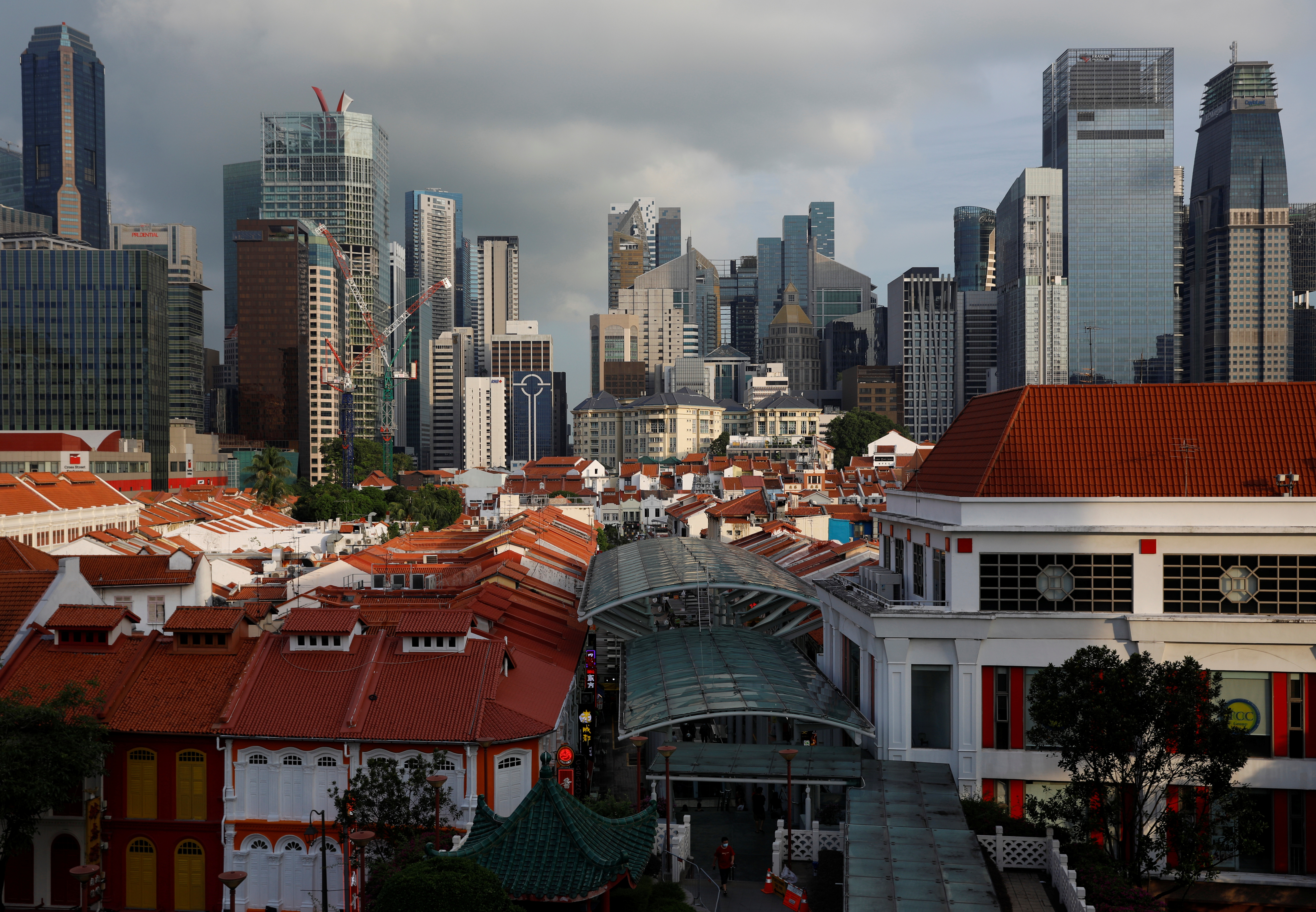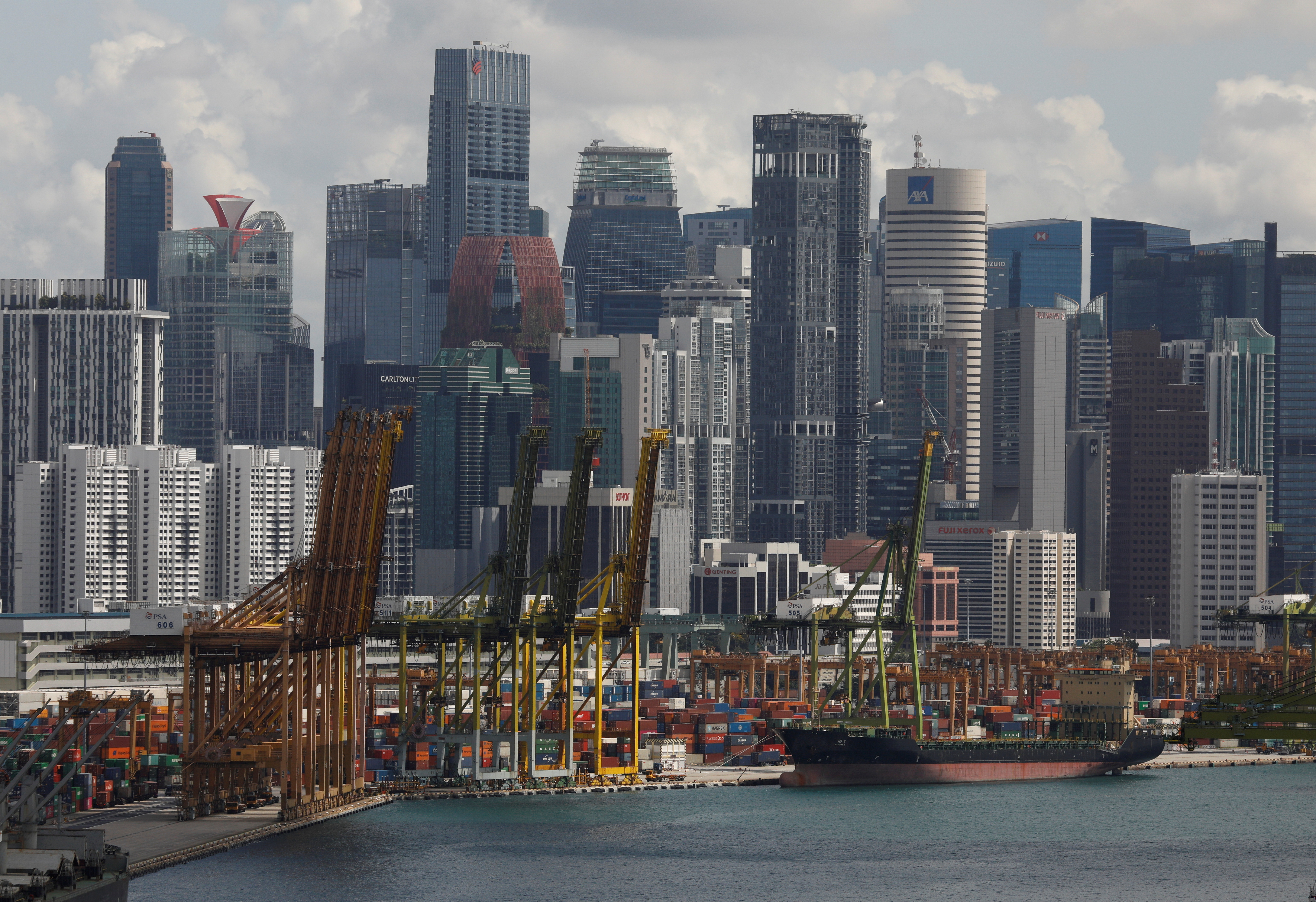KUALA LUMPUR, Nov 10 — Passengers flying out of Singapore from October 1, 2026, will be subject to a Sustainable Aviation Fuel (SAF) levy of between SG$1 (RM3.19) and SG$41.60 (RM132.85), said the Civil Aviation Authority of Singapore (CAAS).
It said the levy, applicable to tickets sold from April 1, 2026, is set on a per-passenger basis and varies according to the distance travelled, categorised into four geographical bands, and the cabin class of travel.
“The quantum of the SAF levy is set based on the volume of SAF needed to meet the one per cent SAF target for 2026 and the projected price premium of SAF over conventional jet fuel, along with other associated costs, including certification, blending, and delivery,” the CAAS said in a statement today.
For example, passengers travelling to Southeast Asian countries under Band I will pay SG$1 for the economy cabin (Economy Class and Premium Economy Class) or SG$4 (RM12.77) for the premium cabin (Business Class and First Class).
The levy, to be collected by airlines, will not apply to passengers transiting through Singapore, while for flights with multiple stops, it will be based on the immediate next destination after departing the republic.
Meanwhile, the SAF levy will also apply for cargo shipments, set on a per-kg basis and varies depending on the distance travelled, also categorised by the four geographical bands.
It ranges from SG$0.01 per kg for Southeast Asia (Band I) up to SG$0.15 (RM0.48) per kg for the Americas (Band IV).
The levy will also be introduced for general and business aviation flights on a per-aircraft basis and varies according to the distance travelled and the aircraft’s International Civil Aviation Organisation (ICAO) codes A-F, which serve as a proxy for aircraft size.
The rate ranges between SG$40 (RM127.74) and SG$6,500 (RM20,757). Certain flights, like training flights and flights for charitable or humanitarian purposes, will not be subject to the levy.
CAAS director-general Han Kok Juan said the introduction of the SAF levy marks a major step forward in Singapore’s efforts to build a more sustainable and competitive air hub.
“It provides a mechanism for all aviation users to do their part to contribute to sustainability at a cost which is manageable for the air hub. We need to make a start.
"We have done so in a measured way, and we are giving industry, businesses and the public time to adjust,” he said.
The SAF levy collected will go into a statutory SAF Fund managed by CAAS, which will be used solely for the purchase of SAF and SAF environmental attributes (EAs) and to cover associated administrative costs.


